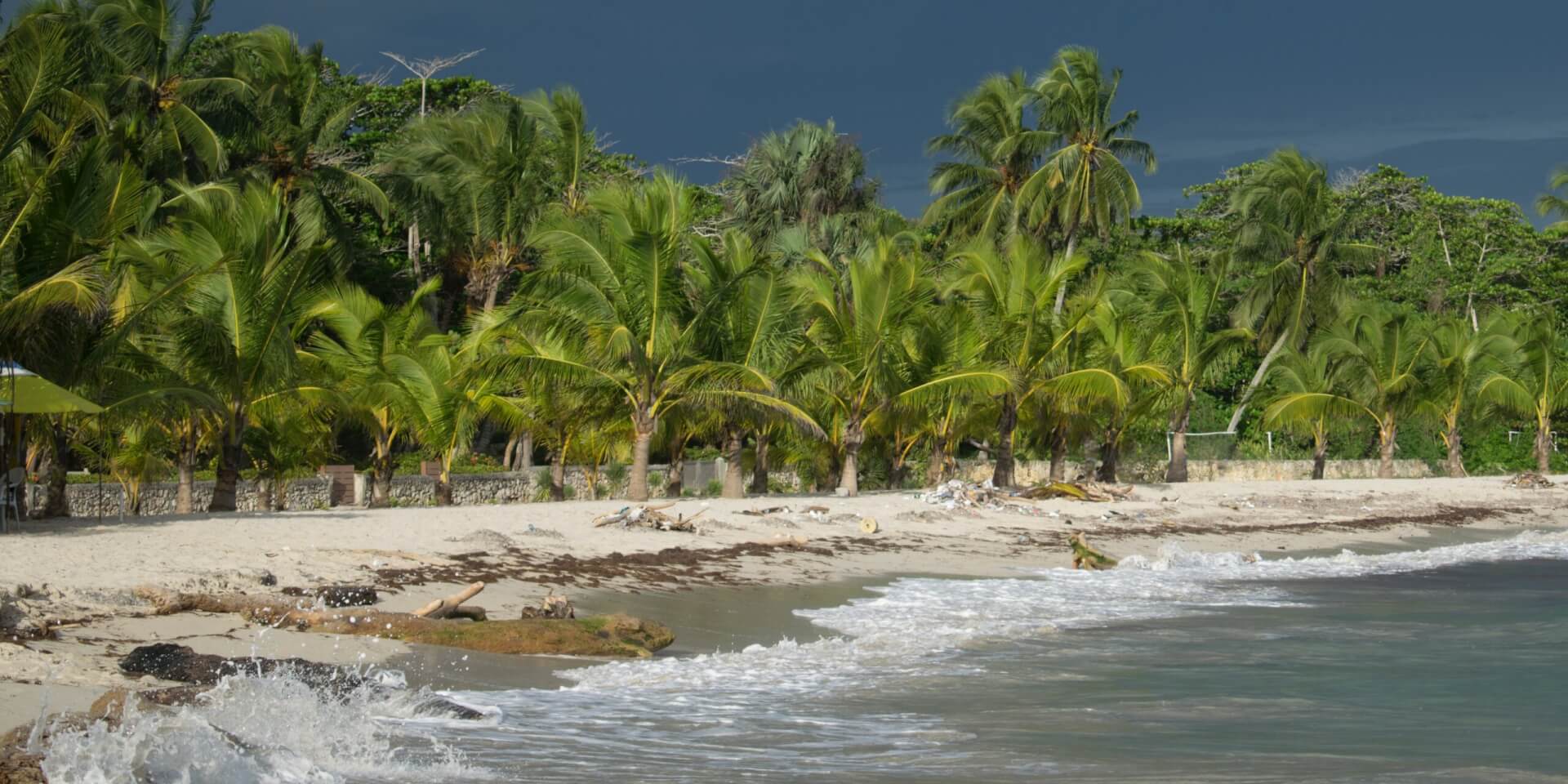
This piece is part of a series of special blogs developed to raise awareness on inclusive climate perspectives, with focus on early-career researchers (ECR) and scientists from the Global South. In this article, Dr. Roché Mahon, a social scientist specialized on climate, highlights how social sciences can effectively improve climate adaptation and ultimately save lives.
According to the UNDRR, nine out of every ten climate-related deaths occur in poor countries, and as highlighted by the World Meteorological Organization, climate, weather, and water-related extremes have led to 15 times more deadly hazards for people in Africa, South Asia, South and Central America, and small island states.
In his profile, climate scientist Leandro Díaz explained this grim reality is in part due to the “heightened vulnerability of their populations to the same climatic events”. Not only are these countries often struggling with inadequate building infrastructure, healthcare, and sanitation systems, but as Dr. Díaz pointed out “many communities in low-resource countries are compelled to settle in precarious locations, such as near waterways, flood-prone areas, or on hilly slopes, which can expose them to landslides.”
Regrettably, most discussions regarding climate change and potential solutions tend to be fixated on a distant and global future, and not about the specific issues already being experienced by people all over the world. Countries must work on mitigating the already deadly effects of climate change. But when climate change results in extreme weather events, there is no longer time for mitigation measures; the emergency is already here.
As a climate and disaster risk management specialist working in the Caribbean, Dr. Roché Mahon is passionate about supporting practitioners in key productive and socioeconomic sectors in the region to better manage risks by making informed decisions around climate. In her role as social science lead for the Caribbean climate services programme (ClimSA), she actively collaborates with sectoral experts in the agriculture, water, disaster risk management, health, energy and tourism sectors to co-produce tailored climate information products and services that support their decision-making needs.
“By focusing on increasing the Caribbean climate community’s understanding of sectoral practitioners’ awareness, understanding, access and use of early warning information on a range of climate extremes like heat waves, drought, extreme rainfall, and flood, my research helps us to deliver operational products that are useful and actionable for user communities. This is important since these sectors operate on the frontline of climate impacts.”
Dr. Mahon believes that connecting climate science with users is particularly significant for the effective transfer of climate information into actionable knowledge for improved climate adaptation – and that social sciences are the key to linking both.
“This is the power and promise of integrating social science approaches and methodologies into our work. It can provide key empirical insights into human behaviour that helps the climate science community to produce and communicate risk information in a form that meets the needs of users and can be readily integrated into policy, planning and practice.”
Beyond ensuring that the right information is effectively communicated to at-risk populations, Dr. Mahon believes that in order to truly leverage early-warning information, we need to significantly scale up investment in multi-hazard end-to-end early warning systems. She cited the World Meteorological Organization’s ‘Early Warnings for All’ (EW4ALL) initiative striving to close early-warning gaps and ensure that early warning systems protect everyone on Earth, notably though mobile networks. The Caribbean were the first region to launch the EW4ALL initiative.
We find ourselves at a crossroads, where natural sciences and social sciences must converge to bridge the gap between climate data and actionable solutions. Dr. Roché Mahon’s work in the Caribbean underscores the potential of this convergence. The power and promise lie in our ability to connect climate science with the human element, to comprehend the needs and vulnerabilities of those affected, and to translate complex data into practical policies and decisions. This is a collective responsibility, and a call to action that invites us to build a world that is more prepared, more resilient, and more sustainable.
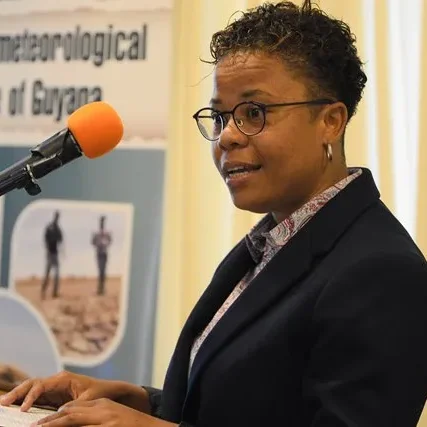
Roché Mahon
Dr. Roché Mahon is the social science lead at the interdisciplinary Climate Services programme of the World Meteorological Organization’s Regional Climate Centre for the Caribbean (RCC), hosted at the Caribbean Institute for Meteorology and Hydrology (CIMH). In this role, she works with a regional Consortium of climate and sectoral experts to co-design, co-develop and co-deliver tailored climate information products and services for six climate-sensitive sectors in 16 Caribbean countries.
“In my work, I have seen first-hand how important it is to link the production of scientific climate information with user engagement activities that support the translation and transfer of this information into climate knowledge. This is the power and promise of integrating social science approaches and methodologies into our work. It can provide key empirical insights into human behavior that helps the climate science community to produce and communicate risk information in a form that meets the needs of end-users and can be readily integrated into policy and other decision-making frameworks and contexts.“
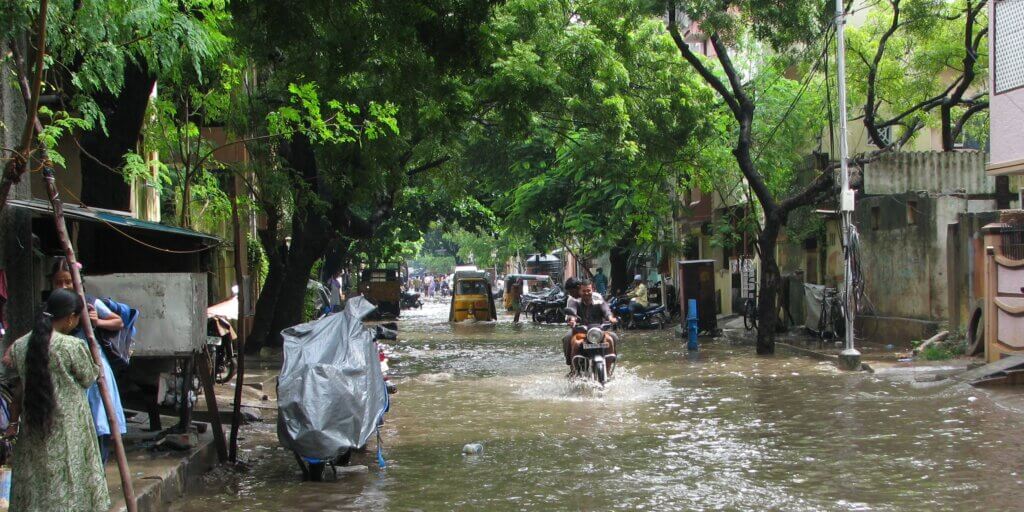
From monsoon joy to fear: a climate crisis awakening
In this article, Dr. Shipra Jain, a physicist and climatologist from India, bares her heart on climate change and its impacts on society.
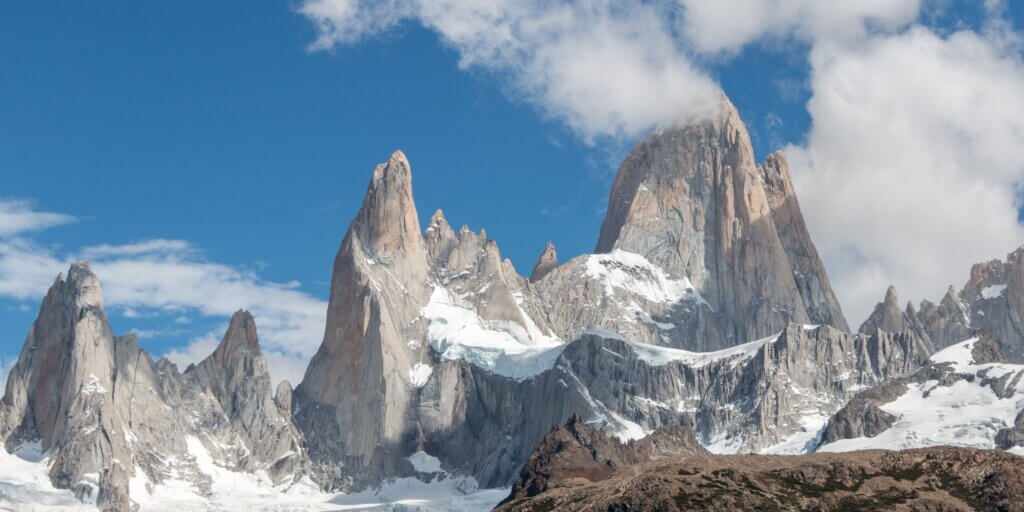
Global solidarity for climate justice: perspectives from an early-career researcher
In this article, Dr. Leandro Diaz, a climatologist from Argentina, shares his perspective on global solidarity for climate justice.
The World Climate Research Programme’s (WCRP) Open Science Conference (OSC) is holding its first African edition in Kigali, Rwanda. The once-in-a-decade global conference will address the disproportionate impact of climate change on the Global South, foster mutual understanding, and discuss transformative actions urgently needed for a sustainable future, with a key focus on the “Kigali Declaration” to be presented at COP28.
The WCRP is also conducting a Symposium for Early and Mid-Career Researchers (EMCR). The event aims to boost EMCR presence, showcase EMCR work, foster networking with senior experts, and boost EMCR presence throughput the Open Science Conference sessions.
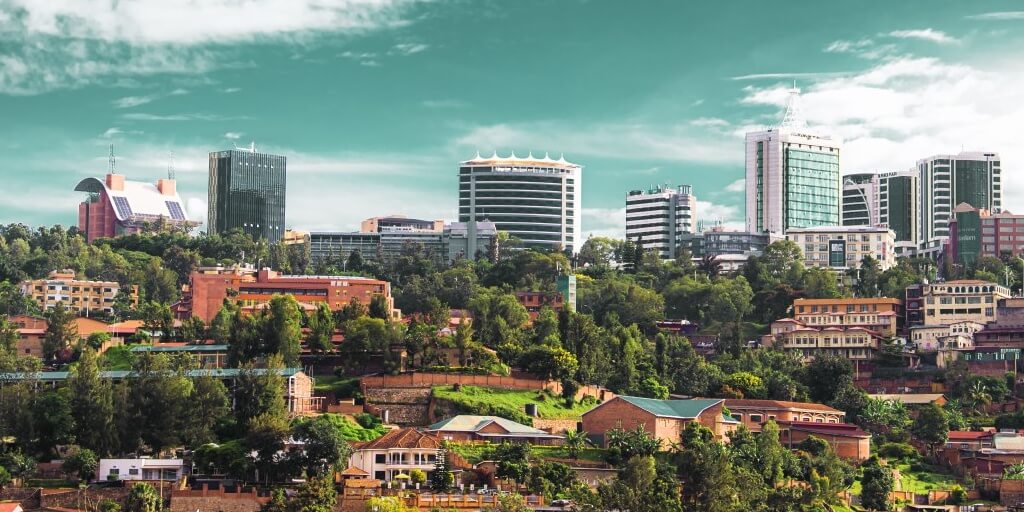
One world, one climate: a planetary call to action
Ambassador Macharia Kamau, Member of the ISC Global Commission on Science Missions for Sustainability, urges the international community to close the North-South gap in scientific research on climate and strive towards a ‘one world, one climate’ approach for global and sustainable solutions to the climate crisis.
Photo by Martina De Marchena on Unsplash.
Disclaimer
The information, opinions and recommendations presented in this article are those of the individual contributor/s, and do not necessarily reflect the values and beliefs of the International Science Council.